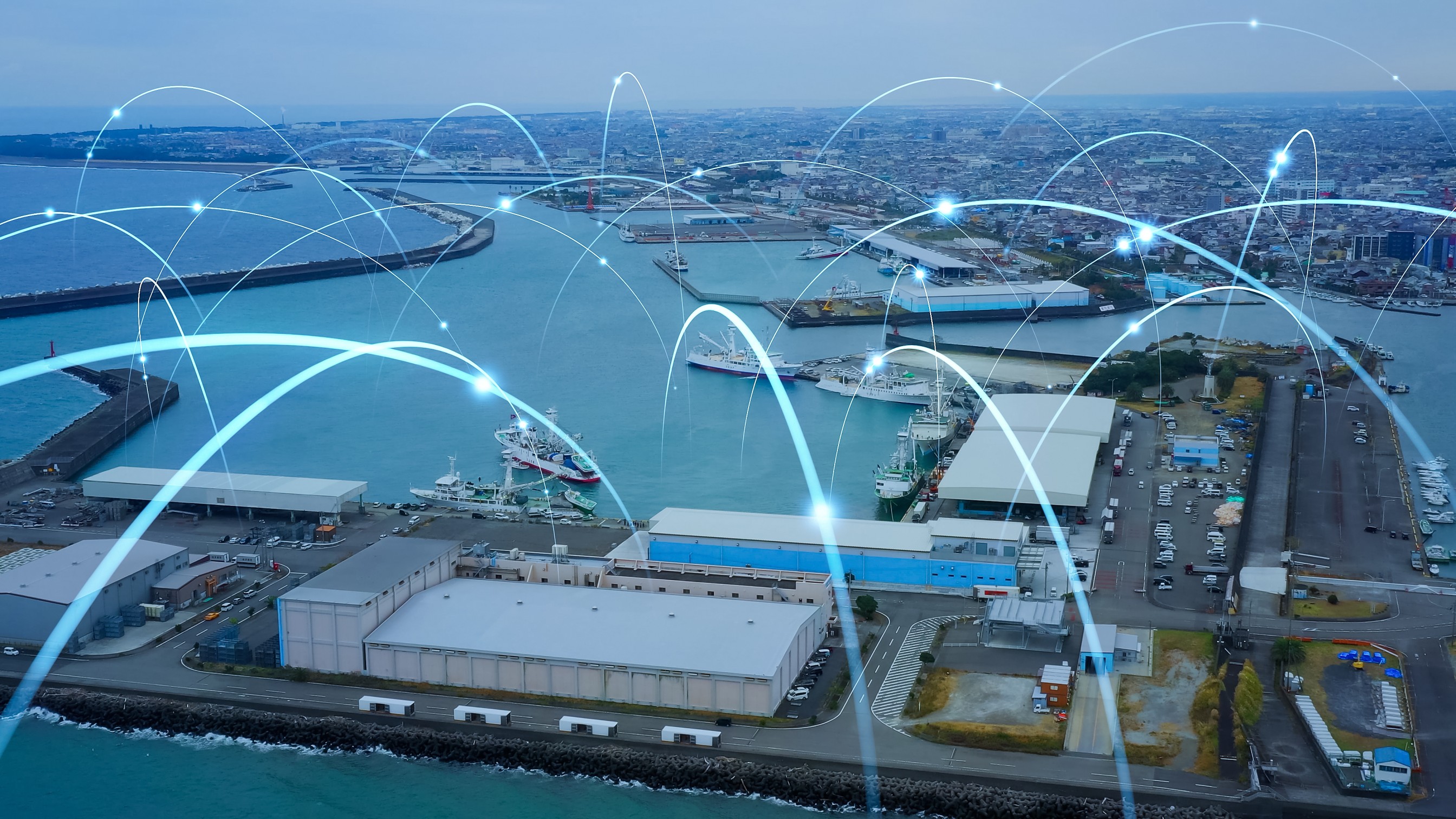The European Policy context: strategies and legislation
The concept of supply chain robustness refers to the ability of supply chains to resist or avoid change. These qualities are crucial to companies’ performances, as they minimise potential disruptions, which can cost time and money and damage companies’ reputations. Factors such as company-supplier relationships, supply-chain functionality, stakeholder communications, clear communication, offer diversification, accurate datasets, flexibility, resilience, and cost-effectiveness are key to ensuring robust supply chains.
Researchers and policymakers have investigated strategies and best practices to strengthen supply chains for almost a decade, making them more resilient and reactive to potential disruptions. While globalised economies entirely rely on supply chains, their resilience and robustness are increasingly valued characteristics.
The disruption of supply chains brought by the COVID-19 pandemic was an occasion for the EU to rethink these complex systems. While the pandemic brought an unprecedented economic slump, the biggest-ever economic rebound in the third quarter of 2020 put the EU’s supply chains under an unprecedented strain. Supply-side shocks were especially caused by surging demand, labour force shortages, container crunch and clogged ports. These logistic issues have generated economic bottlenecks that are still weighing on the EU’s economic recovery, given its strategic reliance on foreign inputs.
Thus, EU’s supply chain resilience strategies have mainly relied on a policy mix to boost domestic capacity, diversify suppliers and support multilateral trade agreements, enhancing cooperation with strategic partners such as the US. The latter transatlantic relationships have been further strengthened by the breakout of the Ukraine war, with the development of an early warning system to identify any global disruptions to the value chains of semiconductors.
While global supply chains are normally hard to reconfigure and increasing their resilience is time-consuming and costly, emerging digital technologies allow for anticipating and mitigating risks. However, they also create more complicated supply chains, more likely to experience disruptions or breakdowns.
For these reasons, supply chain robustness is currently at the top of the European Parliament’s priorities. Such a target should be accomplished by enhancing autonomy through multilateralism and diversified external trade, strengthening the EU’s position in global value chains and cushioning possible shocks and disruptions.
The role of standardisation
Standards play an essential role for supply chains to allow routes-source flexibility and minimise risks such as return management, partner stock holding and buying base specifications. In addition, standardisation can potentially help public authorities enhance resilience, facilitating global resource management and legal certainty in trade, simplifying cross-border transactions, and facilitating goods sharing.
The ISO 28000 standard provides a best practice framework to reduce supply chain security risks associated with people and cargo (e.g., financing, information management and transportation, in-transit storage and warehousing of goods). Moreover, it helps manage and mitigate potential logistics threats, such as terrorism, fraud and piracy.
The standard applies to organisations of all sizes in manufacturing, service, storage or transportation at any production or supply chain stage. Compliance with ISO 28000 can help achieve enterprise resilience, management systematisation, enhanced credibility, aligned terminology, improved performance, international benchmarking, and greater compliance.
ISO 28000 can easily be integrated with ISO 9001, a management system standard enabling continuous improvement of an organisation’s management system and its processes. The ISO 9001 certificate allows organisations to improve product management systems and quality.
Three other standards that can play an important role in supply chains are:
- ISO 22301, guaranteeing companies’ business continuity management systems (BCMS) by establishing requirement plans to build, implement and continually improve documented management systems.
- ISO 27001, ensuring information security management against cybersecurity breaches in supply chains and access to sensitive information.
- ISO 14001, implementing environmentally conscious and economically affordable supply chains by enhancing energy efficiency and guaranteeing low-wastage suppliers and processes.


